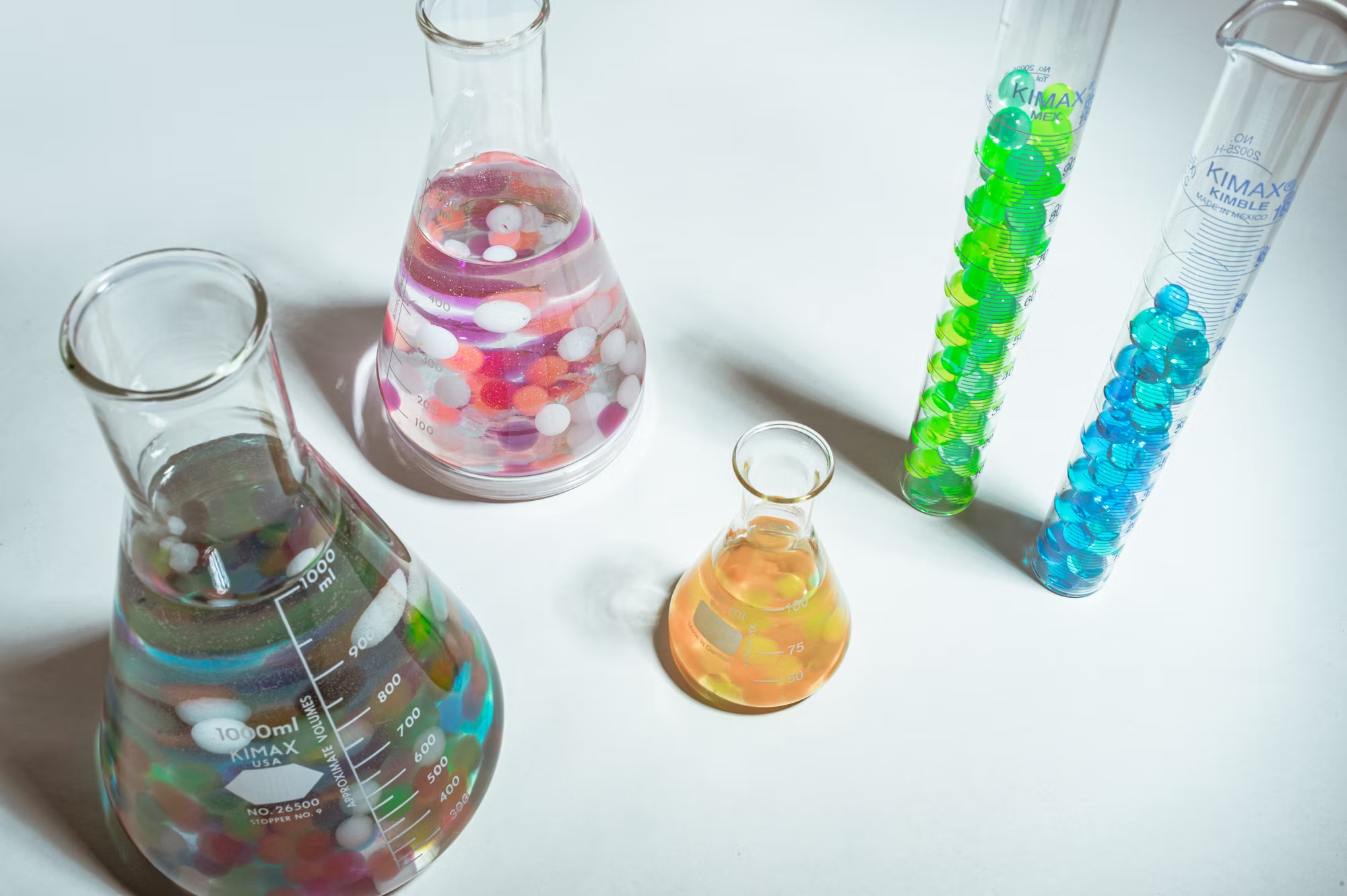When it comes to skincare, understanding the ingredients in your products is key to achieving healthy, radiant skin. The right ingredients can transform your routine and effectively address various skin concerns, from dryness to signs of aging. This article will explore essential skincare ingredients, their benefits, and how to incorporate them into your daily regimen for optimal results.
One of the most celebrated ingredients in the skincare world is hyaluronic acid. Known for its incredible ability to hold moisture, hyaluronic acid can retain up to 1,000 times its weight in water. This makes it an excellent choice for all skin types, particularly dry or dehydrated skin. When included in serums or moisturizers, it provides deep hydration, plumping the skin and giving it a youthful appearance. Using products with hyaluronic acid regularly can lead to a more supple, glowing complexion.
Vitamin C is another powerhouse ingredient that should not be overlooked. This potent antioxidant helps to brighten the skin and even out skin tone by reducing the appearance of dark spots and hyperpigmentation. Vitamin C also plays a crucial role in collagen synthesis, which is essential for maintaining skin elasticity. Incorporating a vitamin C serum into your morning routine can provide a protective barrier against environmental stressors while enhancing your overall glow.
Retinol, a derivative of vitamin A, is widely recognized for its anti-aging benefits. It promotes cell turnover, which helps to reduce the appearance of fine lines and wrinkles while improving skin texture. Retinol can also assist in unclogging pores, making it an effective treatment for those prone to acne. However, it’s important to start slowly when introducing retinol into your routine, as it can cause irritation if used too frequently. Opt for a low concentration at first, gradually increasing as your skin builds tolerance.
Niacinamide, or vitamin B3, is another versatile ingredient that deserves a spot in your skincare lineup. It has anti-inflammatory properties, making it beneficial for those with sensitive or acne-prone skin. Niacinamide can help to regulate oil production, minimize the appearance of pores, and improve overall skin texture. It also works wonders in boosting hydration and strengthening the skin barrier, making it an excellent addition to both day and night routines.
For those dealing with dryness or environmental stress, ceramides are a must-have. These lipid molecules are naturally found in the skin and play a vital role in maintaining its barrier function. Ceramides help to lock in moisture and protect against external aggressors, making them essential for dry or compromised skin. Look for moisturizers or serums containing ceramides to enhance hydration and restore your skin’s protective barrier.
If you’re searching for a way to soothe irritated or sensitive skin, aloe vera is an ingredient you should consider. Renowned for its calming properties, aloe vera can reduce redness and inflammation while providing hydration. It’s particularly beneficial after sun exposure or when dealing with skin irritations. Incorporating products with aloe vera into your routine can promote a soothing and refreshing sensation, making it a great choice for all skin types.
Peptides are another ingredient gaining popularity in the skincare community. These short chains of amino acids are essential for building proteins in the skin, such as collagen and elastin. Peptides can help improve skin firmness and elasticity while reducing the appearance of fine lines. Including peptide-infused products in your routine can lead to smoother, more youthful-looking skin over time.
Exfoliation is key to maintaining a radiant complexion, and this is where acids like AHAs and BHAs come into play. Alpha hydroxy acids (AHAs) are water-soluble and work on the skin’s surface, making them ideal for dry or sun-damaged skin. They help to exfoliate dead skin cells, revealing a brighter complexion. On the other hand, beta hydroxy acids (BHAs) are oil-soluble, allowing them to penetrate deeper into the pores. This makes BHAs particularly effective for oily and acne-prone skin, as they can help to unclog pores and reduce breakouts. Incorporating these acids into your skincare routine can enhance skin texture and promote a more youthful appearance.
Sunscreen is perhaps the most crucial ingredient in any skincare routine. Daily use of broad-spectrum sunscreen can protect your skin from harmful UV rays, preventing premature aging and maintaining your skin’s health. Look for sunscreens with an SPF of 30 or higher, and make it a non-negotiable part of your morning regimen. Remember, UV damage is cumulative, and consistent use of sunscreen can have a significant impact on your skin over time.
Finally, essential oils can provide numerous benefits, from hydration to soothing irritated skin. Oils such as jojoba, rosehip, and tea tree oil are popular for their various properties. Jojoba oil closely resembles the skin’s natural sebum, making it a great option for all skin types. Rosehip oil is rich in antioxidants and essential fatty acids, promoting skin regeneration and reducing the appearance of scars. Tea tree oil, known for its antibacterial properties, is particularly effective for acne-prone skin. When using essential oils, it’s important to dilute them properly and perform a patch test to ensure they are suitable for your skin.
In conclusion, understanding the key skincare ingredients can empower you to create a routine that addresses your specific needs and concerns. From hydrating ingredients like hyaluronic acid to powerful antioxidants like vitamin C and retinol, each ingredient plays a unique role in achieving and maintaining a radiant complexion. By incorporating these essential ingredients into your daily regimen, you can enhance your skin’s health and beauty, ultimately unlocking your most luminous self. Remember, consistency is key in skincare, and with time and care, you can achieve the glowing skin you’ve always desired.



